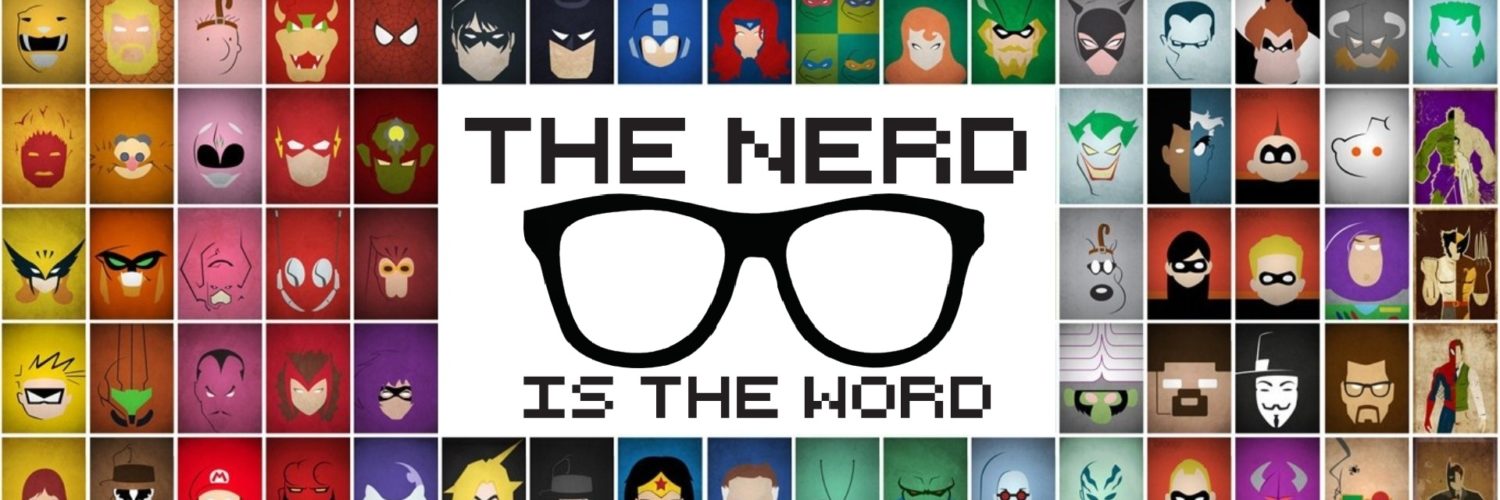
Your Favourite Retailers Aren’t The Only Companies Struggling In A New World
We’ve heard a lot over the past about the state of retail in North America. 2017 was dubbed the Retail Apocalypse and 2018 may be even worse. But retailers aren’t the only ones being squeezed by a shifting marketplace. Mattel Toys, one of the oldest toy manufacturers in the world (72 years and hopefully counting) and a big part of just about everyone’s childhood may be on the ropes.
Mattel’s health will become clearer when it makes financial information analyzing the company’s performance over Christmas available to stockholders in a few weeks. Christmas is to toy manufacturers what summer is to movie studios and a bad Yuletide season could spell the end for any company, no matter how solvent. And Mattel is hoping that Capitalist Santa left something under the tree other than the coal he left in the Christmas of 2016.
Last fiscal year saw Mattel’s Fisher-Price line struggle, staples like Barbie, Hot Wheels and American Girl experienced significant sales drops (like, double digit significant) and its building category (which includes Mega Bloks) took a beating, plummeting nearly 40%. Yet the situation may be even bleaker. Mattel’s sales (particularly among its core toy lines) have been trending down for a few years and it has begun losing ground to its competitors.
In a huge blow, it lost the lucrative Disney Princess license to Hasbro in 2014 and Mattel’s long time rival saw it’s sales soar in 2016 as a result (kids were still eager to snap up Frozen dolls alongside Belle and Moana). And while most people may simply write off Mattel’s woes as an industry wide problem brought on by kids abandoning traditional toys in favour of smart phones and X-Boxes, board games and puzzles are currently growing faster than video games. And Mattel isn’t even playing on that side of the street while the aforementioned Hasbro (which owns multiple game brands like Milton Bradley) is cleaning up.
The biggest challenge Mattel faces is that interest in its remaining lines is waning. Attempts to diversify the likes of Barbie and Hot Wheels have commonly failed and both lines (along with American Girl) stubbornly remain gender specific (a liability in today’s toy aisles). Attempts to modernize the lines and incorporate personal electronics have also fallen flat. Mattel’s top sellers are on the verge of becoming obsolete.
In other words, their heaviest hitters have either retired, been traded or been benched and no one else has stepped up.
And instead of investing time and energy into developing a new star to replace the aging ones, Mattel is doubling down on it’s homegrown franchises.
Mattel recently formed Mattel Studios, a division designed to partner with Hollywood studios to bring popular Mattel names to the big screen. Many of Mattel’s toys became household names in the 80’s when it partnered with various production companies (most notably Filmation studios, which closed up shop after its relationship with Mattel ended) to create popular kids shows like He-Man and the Masters of the Universe, She-Ra: Princess of Power, Bravestarr and Captain Power.
Since then Mattel has financed no end of direct to DVD and streaming Barbie movies and somehow managed to even get a Hot Wheels show on various kids channels.
But movies are a whole new ball game and they’re already running into more hurdles than they’re clearing. Both Mattel and Open Road Films had high hopes for 2016’s Max Steel live action movie, expecting it to launch an entire film franchise that would also drive sales of the toys even higher (and grant the cartoon a second lease on life). Alas, Max was virtually ignored by everyone on the planet and cost everyone involved millions of dollars despite its modest price tag. And they have yet to replace Amy Schumer as the lead in their Barbie movie after the comedienne exited the project last March.
As far as sheer revenue goes, Mattel still boasts the second biggest pie in the toy world (second only to Lego). It’s still strong enough to keep rival Hasbro’s interest in a merger just that-interest. But Mattel’s stock nosedived last April after 2016’s bleak sales were revealed to stockholders. Another beating or two like that could put Mattel in a vulnerable position where a hostile takeover becomes a real possibility.
With the trends that have anchored the company the past few years unlikely to change in the near future, Mattel’s survival may depend on them pulling a very large rabbit from a shrinking hat.


